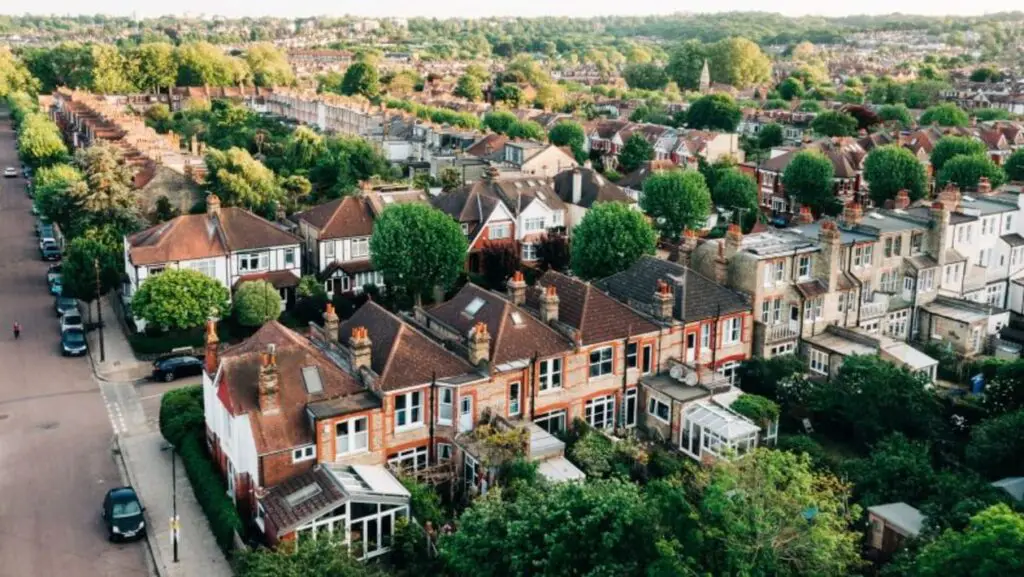
In recent years, the UK’s housing sector has witnessed a significant transformation, largely influenced by the growing trend of cash buying.
This shift has notable implications for both the market dynamics and the broader social landscape, touching upon affordability, community stability, and the dreams of first-time homebuyers.
The Rise of Cash Transactions
Cash buying, where properties are purchased outright without the need for mortgage financing, has become increasingly prevalent in the UK. This trend is not only altering the way homes are bought and sold but also reshaping the fabric of communities across the nation.
The allure of a quicker, more secure transaction for sellers, coupled with the bargaining power it affords buyers, has fuelled this surge. However, beneath the surface, this shift is having deeper social ramifications.
Impact on Market Dynamics and Affordability
The influence of cash buying extends beyond the transactional level, deeply affecting market dynamics and housing affordability. Cash buyers often have a competitive edge over those reliant on mortgages, as sellers favour the certainty and speed cash transactions offer.
Sold estate agents frequently highlight the appeal of cash offers, noting their ability to bypass the often lengthy and uncertain mortgage approval process. This advantage can sideline first-time buyers and those with limited capital, exacerbating the challenges they face in entering the housing market.
Moreover, the dominance of cash buyers can inflate property prices in certain areas, further distancing the dream of homeownership from the average citizen. As cash-rich investors and buyers push prices upwards, the gap between housing affordability and average incomes widens, placing additional pressure on an already strained housing sector.
Social Consequences and Community Stability
The rise in cash buying also holds profound implications for social cohesion and community stability. Neighbourhoods with a high proportion of cash-purchased homes can experience a shift in demographic composition, often leading to gentrification.
This process can displace long-standing residents, eroding community ties and exacerbating social divides. Furthermore, the trend towards investment-driven purchases can lead to an increase in short-term rentals, which may further diminish the sense of community and belonging among residents.
The Challenge for Policy and Planning
This evolving landscape presents a complex challenge for policymakers and urban planners. Balancing the need for investment in housing with the imperative to maintain affordable, stable, and cohesive communities is increasingly difficult.
Strategies to mitigate the impact of cash buying, such as imposing taxes on unoccupied properties or providing greater support for first-time buyers, are under consideration. However, the effectiveness of these measures in reversing or even halting the trend remains to be seen.
A Glimpse Beyond the Horizon
The social impact of cash buying in the UK’s housing sector is multifaceted, influencing not only the economic but also the social fabric of communities. As the market continues to evolve, the need for innovative solutions to ensure housing remains accessible and communities vibrant has never been more apparent.
The dream of homeownership and stable community life should not be reserved for the few but should be a realistic aspiration for the many.
The journey towards a more equitable housing market is complex, requiring concerted efforts from all stakeholders. In navigating this path, it is crucial to remember that the heart of the housing sector is not the bricks and mortar, but the lives and dreams it shelters.



